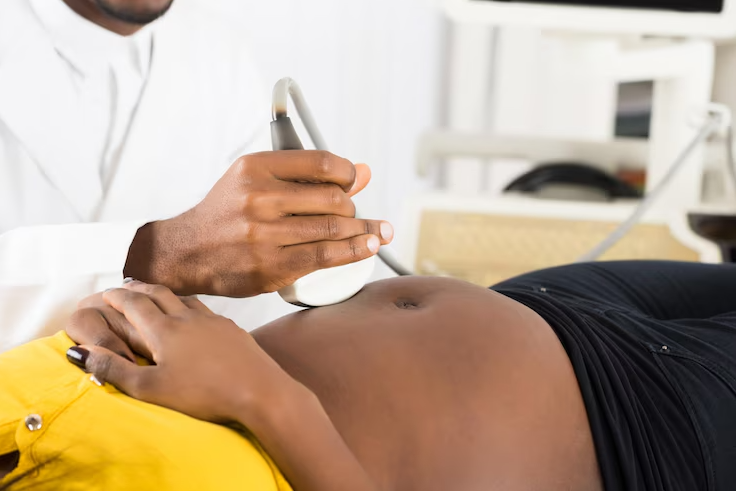Ovarian Reserve Evaluation
Ovarian Reserve Evaluation: Understanding Your Fertility Potential
Assessing ovarian reserve at DOREN-GYNAECARE IVF | FERTILITY provides valuable insights into your fertility potential, as it plays a key role in successful implantation and pregnancy. Ovarian reserve refers to the number of eggs remaining in the ovaries, which naturally declines over time. A higher egg count generally improves your chances of conception, while aging naturally reduces the number of eggs, eventually leading to menopause. Although this decline is typical, individual experiences may differ. If you are considering IVF (In Vitro Fertilization) or other assisted reproductive treatments, schedule a consultation with our experienced team to discuss your options.
Why Ovarian Reserve Assessment is Crucial for IVF & Assisted Reproductive Treatments
Evaluating ovarian reserve can yield encouraging or challenging results. If your reserve is low, it may affect your fertility treatment plan. However, suitable treatments may still be available. For aging or menopausal women, hormone treatments such as gonadotropin injections (FSH and LH) can stimulate egg production. While these treatments can be effective in younger women with fertility issues, older or menopausal women may have a diminished ovarian reserve, reducing the likelihood of viable egg production.


Key Markers for Ovarian Function: AMH, FSH, and Antral Follicle Count
When evaluating ovarian reserve, several factors are considered, including age, AMH (Anti-Müllerian Hormone), FSH (Follicle-Stimulating Hormone), and antral follicle count (AFC). These components provide essential insights into fertility.
Age and Ovarian Reserve
Ovarian reserve naturally declines with age, especially after 30, with a more significant decrease after 35. While age is a broad indicator, it doesn’t give specific details about ovarian function or reserve. It’s an important factor in assessing your overall reproductive potential.
AMH (Anti-Müllerian Hormone) Levels
AMH (Anti-Müllerian Hormone) is a hormone produced by ovarian follicles, and its levels are closely related to the number of remaining follicles. It is a stable marker throughout the menstrual cycle, making it useful for evaluating ovarian reserve at any time. Higher AMH levels generally indicate a better egg count and ovarian function.
FSH (Follicle-Stimulating Hormone) and Pituitary Gland
Produced by the pituitary gland, FSH (Follicle-Stimulating Hormone) stimulates follicle maturation. High FSH levels, particularly on day 3 of the menstrual cycle, can indicate decreased ovarian reserve. However, FSH can fluctuate during the cycle, so one elevated reading may not fully reflect ovarian function. Understanding FSH is critical for developing an effective fertility treatment plan.
Antral Follicle Count (AFC) via Ultrasound
AFC (Antral Follicle Count) measures the number of small follicles visible through ultrasound. This count directly reflects the number of follicles available for recruitment in a given cycle, providing a real-time assessment of ovarian reserve. Ultrasound imaging is a key tool in this diagnostic process, offering a direct look at your ovarian follicles.
While age is a significant factor, combining it with AMH, FSH, and AFC offers a more comprehensive evaluation of ovarian reserve and reproductive potential.
Schedule Your Ovarian Reserve Consultation Today at Our Diagnostics Laboratory
At DOREN-GYNAECARE IVF | FERTILITY, we are committed to helping couples navigate fertility challenges. Our on-site diagnostics laboratory ensures accurate ovarian reserve evaluations, providing you with reliable information for your fertility potential. Our compassionate team is here to guide you through your results and offer the support you need, whether you are exploring natural conception or IVF and other assisted reproductive treatments. Contact us today to schedule a consultation and explore your fertility options.
If you’re considering IVF or fertility care, discover how the expert team at DOREN-GYNAECARE IVF | FERTILITY can support you on your journey to building the family you’ve always dreamed of.
© Copyright 2025 | Doren-Gynaecare IVF | Fertility Centre | Privacy Policy | Terms and Conditions| Website Development by Uppermark Solutions Limited
